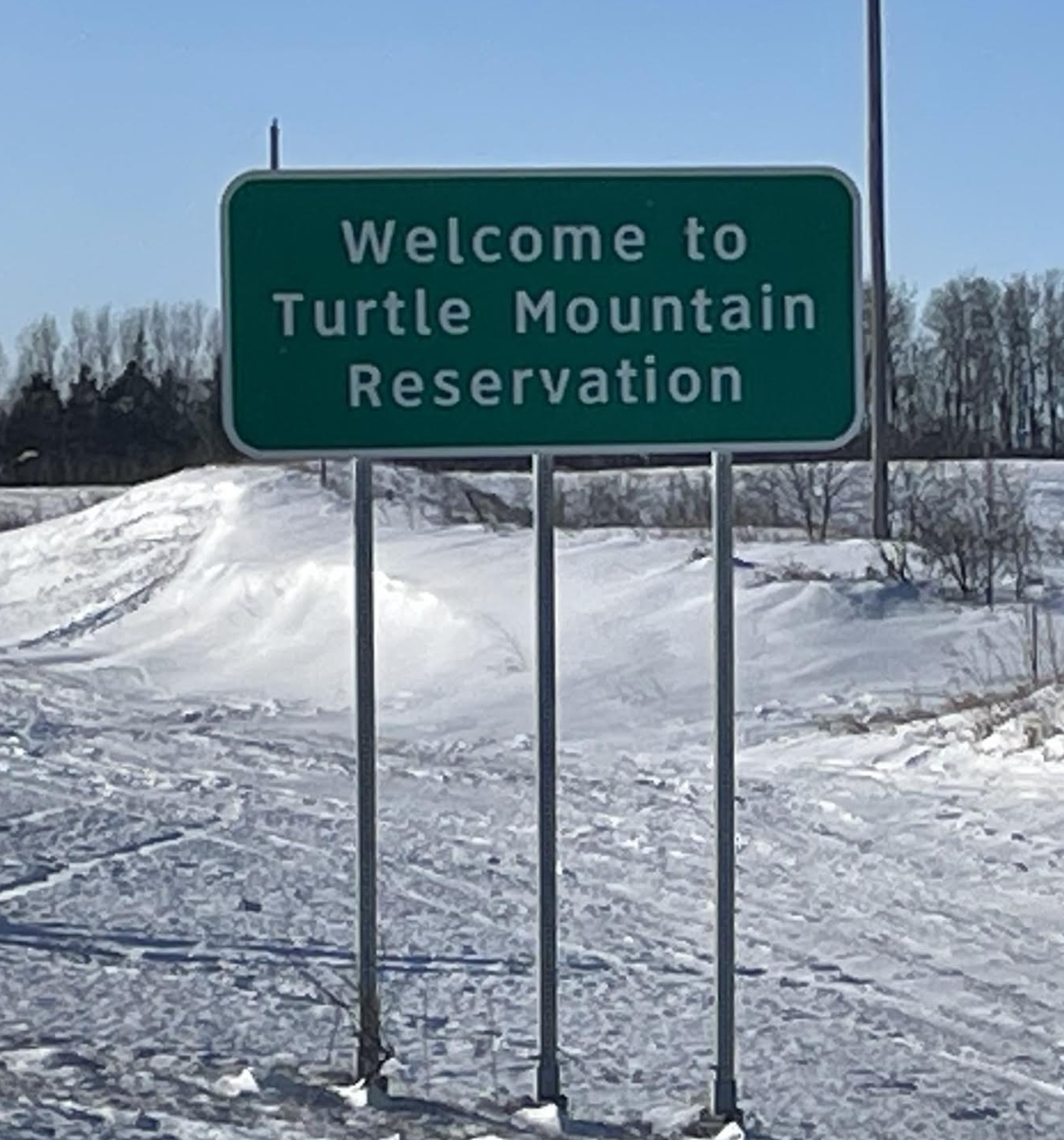
- Details
- By Native News Online Staff
What can be viewed as a temporary victory for the Turtle Mountain Band of Chippewa Indians and other North Dakota tribes, U.S. Supreme Court Justice Brett Kavanaugh on Wednesday granted a temporary reprieve to the tribes, blocking a federal appeals court decision that could significantly weaken enforcement of the Voting Rights Act.
Kavanaugh’s action stopped the implementation of the Eighth Circuit’s ruling while the U.S. Supreme Court considers an emergency appeal from two Native American tribes and three individual voters.
-At the center of the dispute is whether private individuals can sue under Section 2 of the Voting Rights Act, a key provision that prohibits racial discrimination in voting. Section 2 has long served as a critical legal tool for challenging redistricting plans that dilute minority voting power.
The Turtle Mountain Band of Chippewa Indians, the Spirit Lake Tribe, and three affiliated voters are challenging North Dakota’s 2021 legislative redistricting plan, arguing that it unlawfully weakens the voting strength of Native Americans. A federal trial court agreed, ruling the map violated Section 2. But North Dakota’s secretary of state sought to dismiss the case, claiming only the U.S. Department of Justice—not private parties—can bring such claims.
The Eighth Circuit sided with the state, holding that private plaintiffs cannot enforce Section 2—effectively cutting off a major avenue of civil rights litigation in seven Midwestern states.
In response, the tribes asked the Supreme Court to intervene, warning the appeals court decision undermines decades of precedent and renders Congress’s landmark civil rights law toothless in much of the country.
“Citizens in the Eighth Circuit’s seven states now have fewer enforceable rights and protections against racial discrimination in voting than citizens in the rest of the nation,” the tribes wrote. “That result is unjust, untenable, and requires action by this court.”
Since 1982, more than 400 Section 2 cases have been filed, with private plaintiffs involved in over 96% of those that resulted in published opinions, according to the tribes’ brief.
If the Eighth Circuit ruling is allowed to take effect, it could immediately impact individuals like Collette Brown of the Spirit Lake Tribe, who risks losing her legislative seat under the redrawn map. The state must finalize its legislative map by December 31, ahead of the 2026 election cycle.
Wes Davis and Zachery S. King, both from the Turtle Mountain Band of Chippewa, are also plaintiffs in the lawsuit.
Kavanaugh’s order keeps the current map in place for now, while the justices weigh the broader legal question. The Supreme Court has requested a response from North Dakota Secretary of State Michael Howe by July 22.
More Stories Like This
50 Years of Self-Determination: How a Landmark Act Empowered Tribal Sovereignty and Transformed Federal-Tribal RelationsNavajo Nation Council Members Attend 2025 Diné Action Plan Winter Gathering
Ute Tribe Files Federal Lawsuit Challenging Colorado Parks legislation
NCAI Resolution Condemns “Alligator Alcatraz”
NABS Documents 134 More Survivor Stories, Expands Digital Archive in 2025
Help us defend tribal sovereignty.
At Native News Online, our mission is rooted in telling the stories that strengthen sovereignty and uplift Indigenous voices — not just at year’s end, but every single day.
Because of your generosity last year, we were able to keep our reporters on the ground in tribal communities, at national gatherings and in the halls of Congress — covering the issues that matter most to Indian Country: sovereignty, culture, education, health and economic opportunity.
That support sustained us through a tough year in 2025. Now, as we look to the year ahead, we need your help right now to ensure warrior journalism remains strong — reporting that defends tribal sovereignty, amplifies Native truth, and holds power accountable.
 The stakes couldn't be higher. Your support keeps Native voices heard, Native stories told and Native sovereignty defended.
The stakes couldn't be higher. Your support keeps Native voices heard, Native stories told and Native sovereignty defended.
Stand with Warrior Journalism today.
Levi Rickert (Potawatomi), Editor & Publisher


